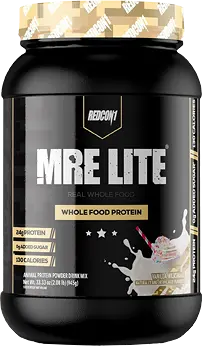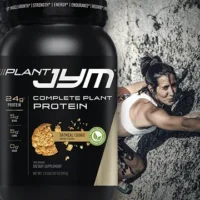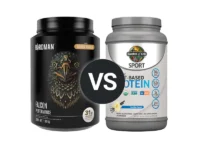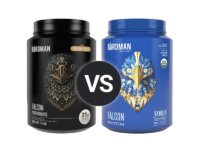Knowledge BaseYou're Questions Answered
Can pea protein powder cause constipation?
Pea protein powder is generally well-tolerated by most people, but it can cause digestive issues like constipation in some individuals. Several factors may contribute to this, including the amount consumed, individual digestive health, and the body's ability to process high levels of protein or fiber. While pea protein is a plant-based protein that contains fiber, it may still cause digestive discomfort in certain cases, particularly if the individual's diet is not well-balanced or if they are sensitive to certain plant proteins.
Reasons Why Pea Protein May Cause Constipation
- Low Fiber in the Diet
While pea protein powder contains a small amount of fiber, it may not provide enough to support regular bowel movements if the rest of your diet is low in fiber. If you rely heavily on protein supplements and neglect other fiber-rich foods, you might experience constipation1. - Dehydration
Protein metabolism requires sufficient water intake. If you are not drinking enough water while consuming pea protein powder, dehydration can slow digestion and contribute to constipation. Proper hydration is essential to prevent this issue2. - Large Protein Intake
Consuming large amounts of protein, including pea protein powder, can sometimes overwhelm the digestive system. When the body struggles to process excessive protein, it may lead to slower digestion, causing constipation or other digestive issues3.
How to Prevent Constipation from Pea Protein
- Increase Fiber Intake
Ensure your diet includes fiber-rich foods like fruits, vegetables, and whole grains alongside pea protein powder to support healthy digestion and prevent constipation. - Stay Hydrated
Drink plenty of water throughout the day to help with protein digestion and to keep your bowel movements regular. Hydration is crucial when consuming any type of protein supplement. - Moderate Your Protein Intake
Avoid consuming excessive amounts of protein powder in one sitting. Spread out your protein intake throughout the day to avoid overwhelming your digestive system.
While pea protein powder is generally easy to digest, it can cause constipation in some individuals, particularly if their diet is low in fiber, if they are dehydrated, or if they consume large amounts of protein. To prevent constipation, ensure you maintain a balanced diet rich in fiber, stay hydrated, and moderate your protein intake.
- Slavin, J. L. (2008). Dietary fiber and body weight. Nutrition, 24(1), 144-151.
- Institute of Medicine (US) Committee on Military Nutrition Research. (1999). The Role of Protein and Amino Acids in Sustaining and Enhancing Performance. Washington, DC: National Academies Press.
- Tipton, K. D., & Wolfe, R. R. (2004). Protein and amino acids for athletes. Journal of Sports Sciences, 22(1), 65-79.
Related Questions
Related Reviews

Your Answer
We are a participant in the Amazon Services LLC Associates Program, an affiliate advertising program designed to provide a means for us to earn fees by linking to Amazon.com and affiliated sites.






